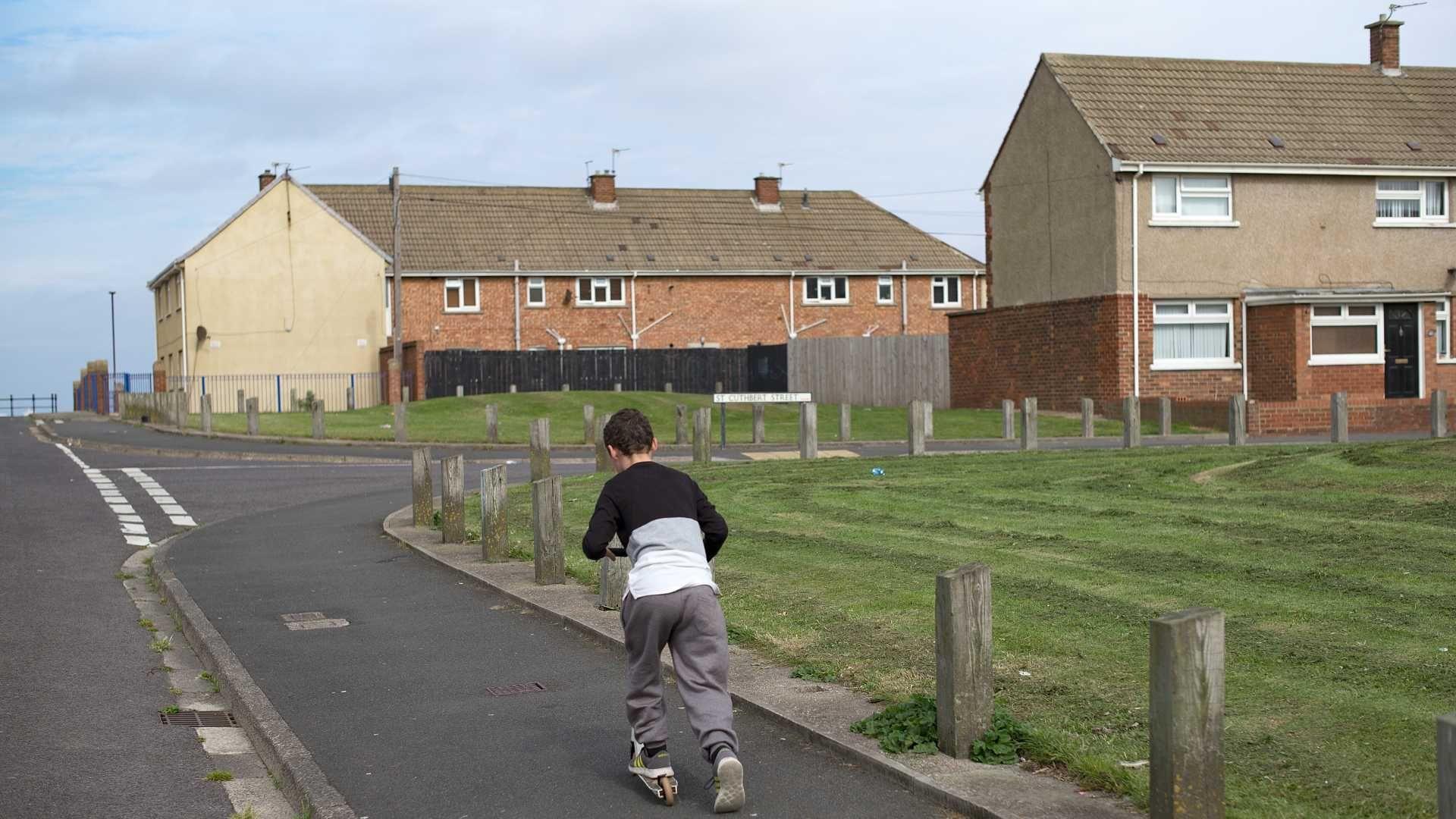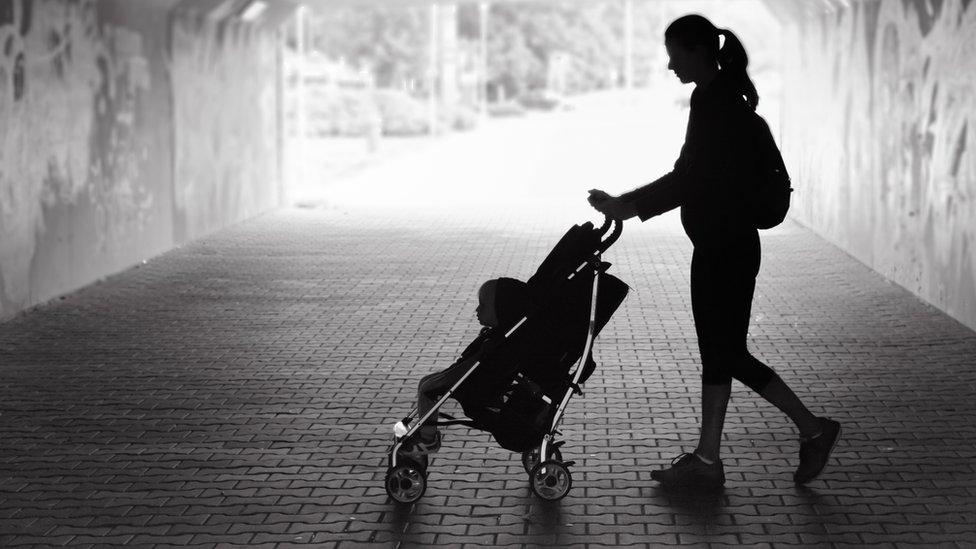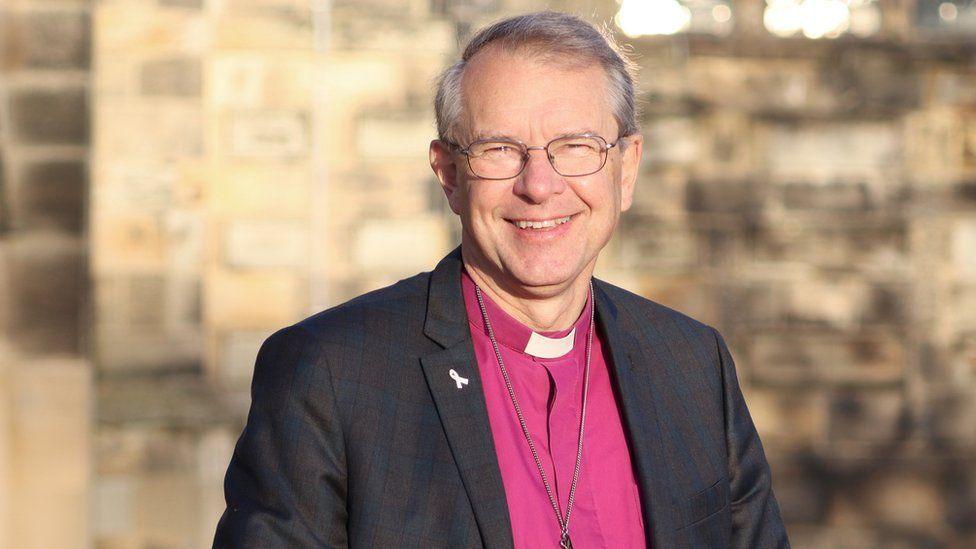Child poverty report 'contains shocking truths'

The proportion of children living in poverty is increasing according a new report
- Published
A new report suggests more than a third of all babies, children and young people in the north east of England are living in poverty.
The North East Child Poverty Commission (NECPC) said the issue is limiting life chances for tens of thousands of children and "holding the whole of our region back".
Baroness Hilary Armstrong, who chaired a cross-sector advisory group for the study, said it "contained some shocking truths".
The government said it is reducing poverty through investment in work, childcare and health.
The commission said the North East had experienced the steepest increases in child poverty over much of the decade.
It has called for action to maximise family incomes, make work a route out of poverty and improve start-of-life care.

There are calls for a public health approach to tackle child poverty
NECPC data found Elswick and North Jesmond had the highest and lowest child poverty rates in Newcastle with a difference of 55 percentage points.
In the Tees Valley Combined Authority area, this gap stands at 62 percentage points, between Newport in Middlesbrough and Mowden in Darlington.
Report author and director of the NECPC Amanda Bailey said: "We know that the most important levers to tackle child poverty still rest with national government – and nowhere is a national child poverty strategy more needed than here in the North East."
'Scourge of poverty'
The data for the report was put together with the help of cross-sector organisations as well as parents, carers and young people.
The findings showed the proportion of North East children in poverty that are from working families had risen from 56% to 67% in under a decade.
It also found more than one in five children in households with all parents in work are in poverty – a figure that has doubled since 2015.
Bishop of Durham and NECPC Patron The Right Reverend Paul Butler said the "scourge of poverty" restricted the chances for children to flourish.
A spokesperson for the Department for Work and Pensions said: “There are 1.7 million fewer people living in absolute poverty compared to 2010, including 400,000 children."
“We know work is the best route out of poverty. That is why we have raised the National Living Wage and are investing billions through our Back to Work Plan, expanding our childcare offer and investing in children’s health programmes."
Follow BBC North East on X (formerly Twitter), external, Facebook, external and Instagram, external. Send your story ideas to northeastandcumbria@bbc.co.uk.
Related topics
More stories from BBC North East and Cumbria
- Published5 June 2023

- Published24 January 2023

- Published27 January 2024
